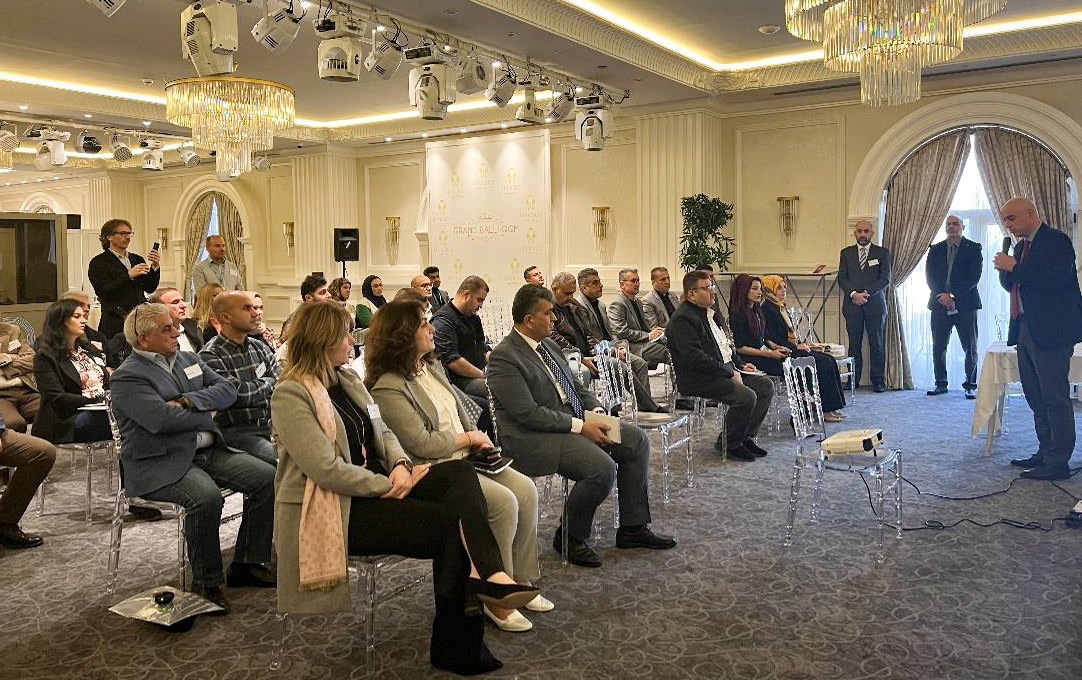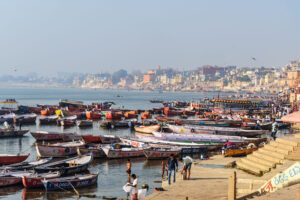An assessment of WASH regulation in northern Iraq

Workshop outcomes
Four action plans were developed as a result of the analysis from the workshop, they were centred around the divisions of: service level, public health, competition, and tariff setting. Some of the main points which came out of the workshop are detailed below.
Service level
Service operators in the region are supposed to visibly demonstrate best practice, and publish both performance trends and analytical reports, which outline recommendations for service performance quality. They must also ensure that consumers are fully informed about service quality in a timely fashion. However, during the workshop some participants mentioned that whilst some directorates collect information about existing service level indicators, there is currently no systematic procedure to collect and publish the analytical reports. Nor is there a clear procedure for validating the reliability of the data collected. Benchmarking studies are also absent, to assess and compare the performance trends of the different operators. Participants also highlighted issues with the key performance indicators currently in place, and the lack of any consumer associations.
Public health
The participants indicated the existence of some rules around compliance with health-based standards. However, it was agreed there could be improvements with regards to including a risk-based approach (e.g., Water, Safety, Planning), more defined drinking water safety parameters and health-based norms, risk assessment and risk management instruments, and ensuring quality parameters.
It was agreed that water safety information should be available to regulators and consumers through annual published drinking water compliance reports/factsheets. Currently, water directorates share status reports with the GDWS on a monthly basis, but they are only accessible to the public in emergency situations (drinkable/not drinkable). There is a need to establish a risk communication strategy for communicating relevant public health risks related to drinking water. Currently the operators inform consumers on their website and Facebook page, and at their annual press conference.
Competition
The region’s WASH regulatory framework is aligned with wider competition legislation and policies, and guidelines for procurement are aligned with national general procurement guidelines. However, participants highlighted that there are no clear specifications for water quality as supplied by private tankers.
Competition between operators is currently managed by means of a set of specific rules, which are supposed to prevent one or several operators from taking a dominant position. However, there are no mechanisms in place to monitor this, nor procedures for evaluating open market competition, or the price or water and its quality when delivered by private operators.
It was discussed that whilst transparent procurement processes are in place in the water sector, which allow private water companies to compete against each other, the same doesn’t apply for sanitation, which is managed by one directorate under the Ministry of Municipalities and Tourism. Also mentioned was that, during the summer months, some unlicensed operators provide water services illegally by means of water tankers.
It was agreed that the regulator should supervise competition in the sector by monitoring operators’ contractual status changes and gathering relevant information about market dynamics. There is also a need to expand the current penalty mechanism for operators’ who monopolise the sector, which also compensates consumers for market abuse.
Tariff setting
Regulating prices is considered one of the most important regulatory areas, balancing the quality and quantity of water provided by operators against their profits. Correct tariff setting is essential for the sustainability of water and sanitation services, irrespective of whether public or private ownership of the operator.
Currently, however, tariffs are not sufficient to cover the costs of providing water services in the region, which is translated into financial consequences for the Directorates of Water. Legislation requires that tariffs cover at least the operation and maintenance costs, plus the costs of investments (both a fair return on capital and depreciation costs), but three challenges were identified in the workshop that are affecting this:
1) the current tariff is significantly lower than the actual cost of producing water and there is little capacity to increase the tariff in the short-term, particularly in rural areas where access to free drinking-water is considered to be a right;
2) it is estimated that only 25 to 30 percent of households actually pay for their water service;
3) there is limited capacity to monitor and supervise the performance of both the service operators (water directorates) and private operators who collect the fees. In turn, there are no effective mechanisms to alert operators in case of non-compliance with tariff regulations, and to apply sanctions or issue correcting instructions.
Despite ongoing initiatives to begin to reverse this challenging context, more efforts are needed to set up adequate tariff structures and increase revenue collection to ensure the long-term financial viability of the sector.
Next steps
The four action plans developed during the workshop should now be presented, further discussed, and validated with key government representatives, mainly the Ministry of Municipalities and Tourism and the General Directorate of Water and Sewerage. Ensuring even more comprehensive stakeholder representation from the WASH sector is also recommended, as is a separate discussion about the action plans’ financing, for identifying opportunities for resource mobilisation.
Implementing WASHREG in KRG for the first time in the Middle East and North Africa (MENA) region could become an effective model for learning exchange, through replicating the WASHREG or similar approaches in other areas of Iraq and/or in other MENA countries.











